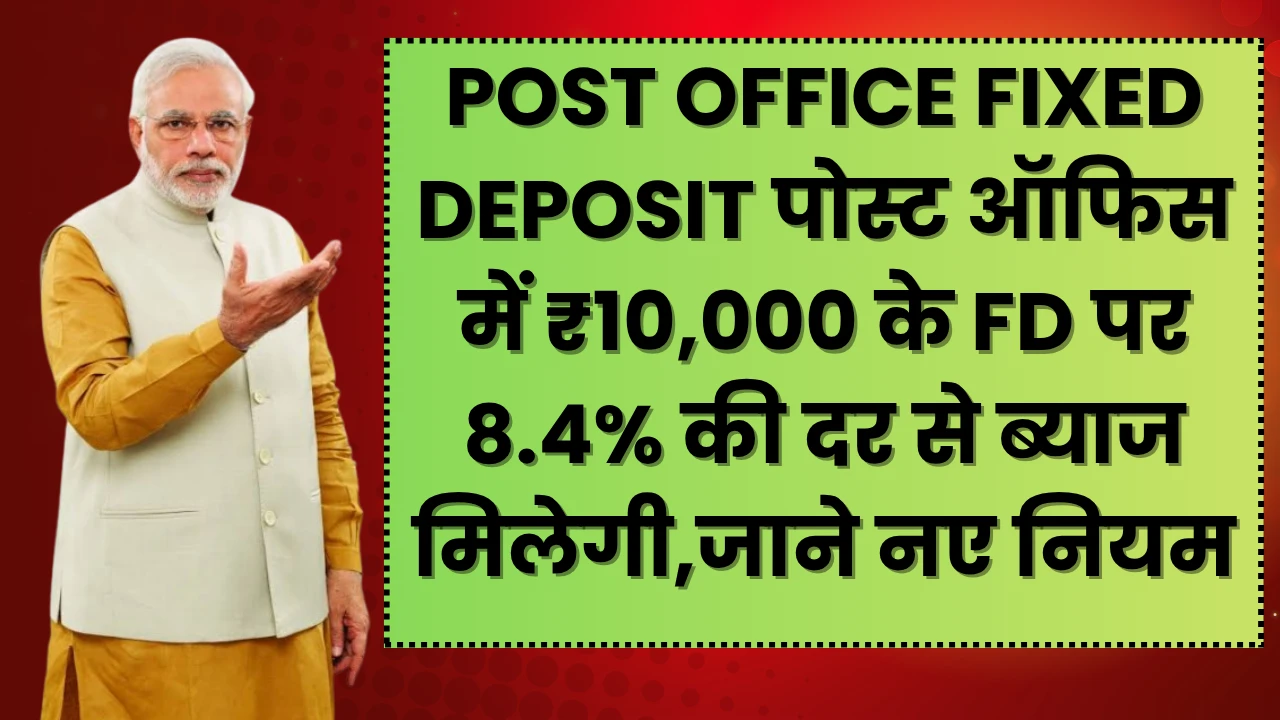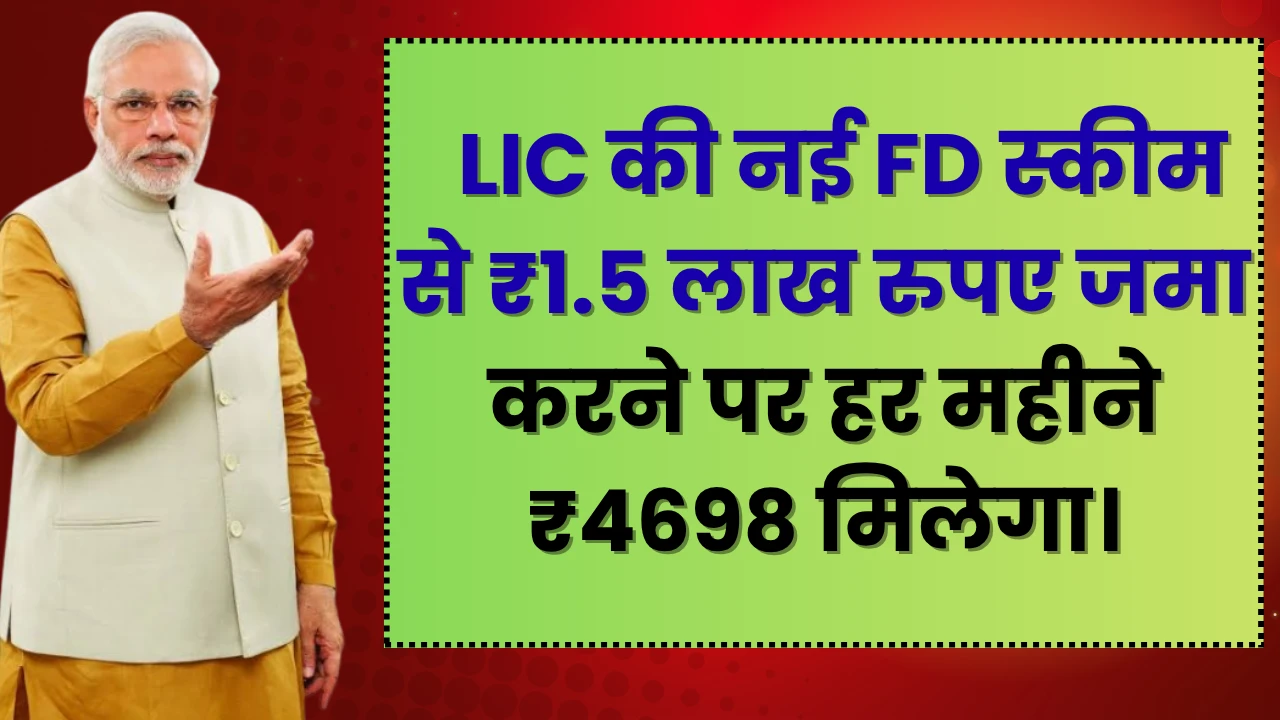Dholera news: In a major boost to India’s semiconductor mission, Tata Electronics and Merck have signed a Memorandum of Understanding (MoU) to collaborate on the upcoming semiconductor fabrication facility (Fab) in Dholera, Gujarat. The partnership is being seen as a milestone that could transform India’s role in the global semiconductor ecosystem and further strengthen Dholera’s reputation as a hub for high-tech innovation.
Strategic Collaboration for India’s First Semiconductor Fab
According to the official release, Merck will provide a comprehensive suite of products, solutions, and services to Tata Electronics’ Fab project. This includes:
- High-purity electronic materials for chip manufacturing.
- Advanced gas and chemical delivery systems to ensure safe, reliable operations.
- Turnkey fab infrastructure services to streamline setup and execution.
- AI-powered Material Intelligence™ solutions to improve efficiency and process optimization.
In addition to material and technological support, Merck will share its best practices in safety, manufacturing excellence, and sustainability. The company will also provide Tata Electronics access to Athinia®, its secure data analytics platform, enabling seamless collaboration and real-time insights across the semiconductor industry.
Building a Strong Local Ecosystem
The Tata-Merck collaboration goes beyond technology transfer. The MoU also covers strategic initiatives that will strengthen the local semiconductor ecosystem in India. These include:
- Localized warehousing to ensure steady supply of raw materials.
- Development of raw material supply chains within India.
- Cultivation of talent through training and skill development.
- Establishing industry processes and standards to match global benchmarks.
By focusing on localization, this partnership is expected to reduce dependence on foreign imports, create jobs for skilled professionals, and build a self-sustaining semiconductor value chain within the country.
Tata Electronics’ Vision for Dholera
Dr. Randhir Thakur, CEO and MD of Tata Electronics, expressed confidence in the partnership, highlighting Merck’s decades of global expertise in chemical safety, digital tools, and process optimization. He emphasized that with Merck’s support, Tata Electronics aims to build a resilient, safe, and world-class semiconductor ecosystem in Dholera.
“Together, we aim to set new benchmarks in quality, safety, and innovation for the global semiconductor industry,” Dr. Thakur stated.
This facility is part of Tata’s larger vision to make Dholera a centerpiece of India’s semiconductor journey. With a massive investment of ₹91,000 crore (approximately USD 11 billion), Tata Electronics is building India’s first-ever semiconductor Fab in Dholera, Gujarat.
Alignment with India Semiconductor Mission
The MoU directly supports the goals of the India Semiconductor Mission (ISM), launched by the Government of India to promote indigenous semiconductor manufacturing. ISM aims to position India as a global hub for electronics design and manufacturing by reducing import dependency and fostering self-reliance.
By aligning with ISM, the Tata-Merck partnership is an important step in making India part of the strategically critical global semiconductor supply chain, especially at a time when the world is facing chip shortages.
Why Dholera?
Dholera, located in Gujarat, is being developed as India’s first greenfield smart industrial city under the Delhi-Mumbai Industrial Corridor (DMIC) project. With world-class infrastructure, sustainable energy facilities, and strong government backing, Dholera has become an attractive destination for high-tech industries.
The establishment of Tata Electronics’ semiconductor Fab further boosts Dholera’s reputation as India’s technology powerhouse of the future. This development is expected to attract more global companies to invest in the region, creating a ripple effect across industries.
Impact on Key Industries
The semiconductor chips manufactured at the Dholera Fab will serve critical sectors such as:
- Automotive – enabling electric vehicles (EVs), autonomous driving, and smart mobility.
- Mobile devices – powering next-generation smartphones and communication tools.
- Artificial Intelligence (AI) – supporting AI chips for advanced computing and automation.
- Consumer electronics – including smart appliances and wearable devices.
- Industrial applications – from robotics to renewable energy systems.
This diversification ensures that the Fab not only strengthens India’s domestic market but also caters to global demand, making India a reliable supplier in the semiconductor value chain.
Economic and Social Benefits
The Tata-Merck partnership and the Dholera Fab project are expected to bring multiple benefits:
- Job creation for engineers, technicians, and support staff.
- Skill development programs to train India’s youth in semiconductor technology.
- Boost to local suppliers and manufacturing companies through demand for raw materials and equipment.
- Foreign investment inflow by attracting more global technology leaders to India.
- Strengthening of India’s position in global technology and innovation rankings.
Table: Key Highlights of the Tata-Merck Semiconductor Fab in Dholera
| Feature | Details |
|---|---|
| Project Location | Dholera, Gujarat, India |
| Investor | Tata Electronics |
| Technology Partner | Merck |
| Investment | ₹91,000 crore (~USD 11 billion) |
| Project Goal | Build India’s first semiconductor Fab |
| Applications | Automotive, AI, Mobile Devices, Consumer Electronics |
| Government Alignment | India Semiconductor Mission (ISM) |
| Benefits | Job creation, supply chain development, indigenous chip manufacturing |
A Turning Point for India’s Semiconductor Industry
The Tata-Merck collaboration represents more than just a corporate agreement; it marks a turning point for India’s semiconductor ambitions. For decades, India has been a global leader in IT services but has lagged behind in semiconductor manufacturing. With this Fab in Dholera, the country is moving closer to establishing end-to-end electronics production capabilities.
Industry experts believe that if executed on time and at scale, the Dholera Fab could make India a semiconductor manufacturing hub, complementing global leaders like Taiwan, South Korea, and the United States.
Dholera News and the Road Ahead
As Dholera continues to make headlines, this partnership between Tata Electronics and Merck will be closely watched not only in India but also across global technology markets. The success of this project could inspire more collaborations, attract new investments, and accelerate India’s journey toward becoming a self-reliant semiconductor powerhouse.
For now, Dholera news remains positive, highlighting the city’s growing importance as India’s next big technology destination. The coming years will reveal how this strategic collaboration shapes India’s role in the global semiconductor revolution.








